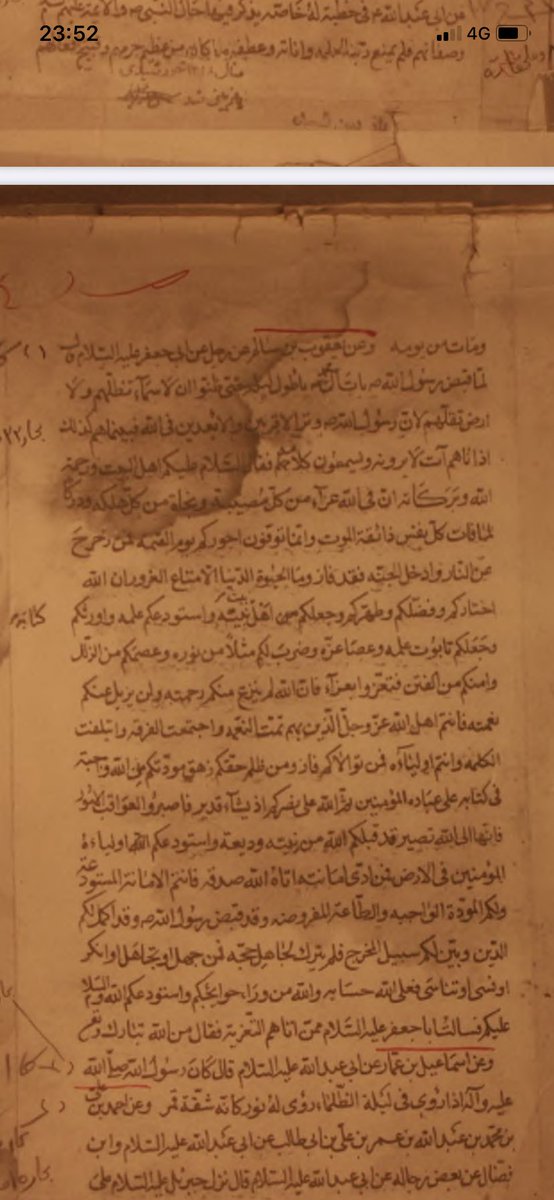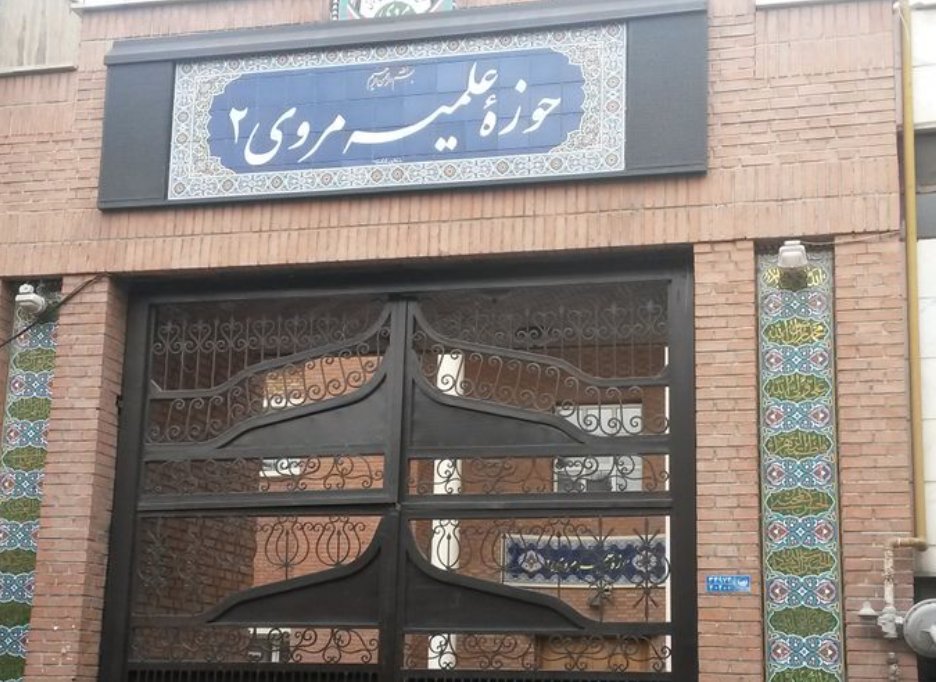#manuscripts #Shii MS Astan-e Quds-e Razavi 7936 Kitab al-mazar of Ibn al-Mashhadi #pilgrimage_guides 1/ 





The Kitab al-mazar of Muhammad b. Ja’far al-Mashhadi (d. 594/1198) was a prominent #Shii traditionist who had studied with Ibn Shahrashub (d. 588/1192), Warram b. Abi Firas (d. 605/1208) and Sayyid Ibn Zuhra naqib of Aleppo (d. 585/1189) 2/
He had both a well grounded mastery of the traditions as well as the theology of #Shii Islam 3/
His prominence figures in the chains of narration of the famous collection of supplications of Imam ‘Ali b. Al-Husayn Zayn al-‘Abidin entitled al-Sahifa al-Sajjadiyya 4/ 



The Kitab al-Mazar has been consistently in print in the modern period and is found here alfeker.net/library.php?id… 5/ 

The text is divided into 7 sections: 1) on the importance of #pilgrimage 2) on the pilgrimage to Madina #Prophet #Fatima and Imams in al-Baqi 3) on the mosque in #Kufa and #pilgrimage to #ImamAli 6/
4) pilgrimage to #ImamHusayn and especially the etiquette of the special pilgrimages of #15Shaban and #Arafa 5) on #pilgrimage to the rest of the Imams 6) on #Hajj and other pilgrimage 7) final recap on #pilgrimage to #Ahlulbayt 7/
The text is often compared to the short Kitab al-mazar attributed to al-Shaykh al-Mufid (413/1022) and the work of al-Shahid I (d. 786/1385) 8/ 



It also demonstrates the importance of the genre of #pilgrimage guides and #prayer manuals in the quotidien religiosity of the #Shii communities throughout the medieval period and into the modern #ShiiLit 9/
• • •
Missing some Tweet in this thread? You can try to
force a refresh
















